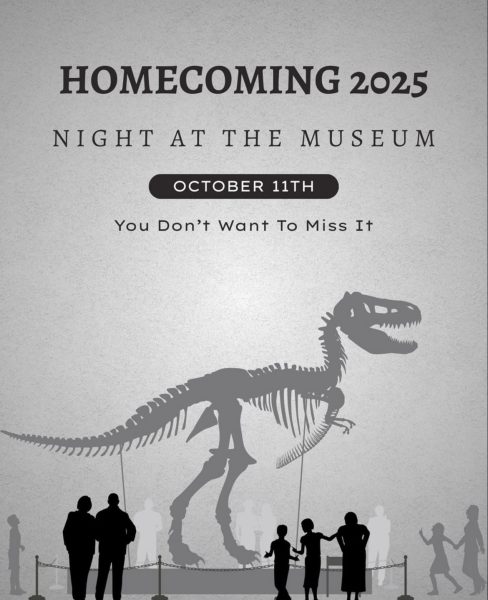How Eating Healthy Can Make School Easier
High school students are constantly hearing about the importance of having a balanced diet.
Health teachers speak of preventing obesity in the future, seeing as America has one of the highest obesity rates in the world. According to the National Institute of Diabetes and Digestive and Kidney Diseases, over 35.7% of American adults are considered obese.
Despite obesity, recent studies have proven that eating nutrient-rich foods can benefit teens in a multitude of ways. Perhaps the most valuable way eating healthy can benefit a teen, is that students who eat healthy foods are proven to struggle less in school than those who do not have healthy dietary habits.
According to livestrong.com, the neurological response to hunger distracts the human mind as well as makes the hungry subject irritable and unwilling to cooperate. Seeing that school is a social setting, requiring students to follow directions and work with others, being irritable is not a desirable physical state.
Attendance is crucial in high school, especially at Arrowhead. Leaving early without a doctor’s note counts as a full day of absence. Getting a good amount of vitamins, protein, and fiber will help strengthen the immune system allowing for less sick days. Taking less absences will avoid the inconvenience of a student getting behind in school.
A study done by the Journal of the American Dietetic Association in 2005 concluded that eating breakfast before school can affect the brain’s short term blood sugar requirements and long term nutritional support. This means, that eating breakfast can improve memory, problem solving, and focus; these are all vital skills in high school.
According to the Chicago Tribune, the University of Alberta conducted an experiment observing the lifestyles and dietary habits of 5,000 children. Kids who ate healthy balanced diets, received higher scores on their literacy tests than those who had high sodium and fat content in their diets.
Arrowhead senior Megan Dunn says, “I can for sure feel the difference when I eat healthier before school. Like when I eat fruit or eggs I feel more awake and not so tired, but if I skip breakfast or eat a doughnut then I’m groggy all morning.”
Dunn says, “I almost always have fruit smoothie for breakfast, and the days that I don’t I can barely keep my eyes open.”
There are certain foods that offer a kickstart to the teenage brain. Health.us.news suggests the following meal plan for teens looking to enhance their mood, grades, and health.
For breakfast teens should consume: 2 eggs mixed with spinach and tomatoes (or other vegetables), 2 pieces of toast , 1 cup milk (or other dairy), and 1 banana (or other fruit)
For lunch: tuna salad sandwich with cheese on whole-wheat bread, pretzels (1/2 cup to 1.5 cups), orange (or other fruit), and 1 cup of milk. For an after-school snack: 1 cup bran cereal with milk, and 1 banana. Finally for dinner: one 4- to 5-ounce chicken breast (preferably grilled), 1 cup broccoli, and 1 baked white or sweet potato.
For the night owl teens who stay up finishing assignments, or get home late from sporting events a suggested night snack is Greek yogurt with granola, berries and nuts.








